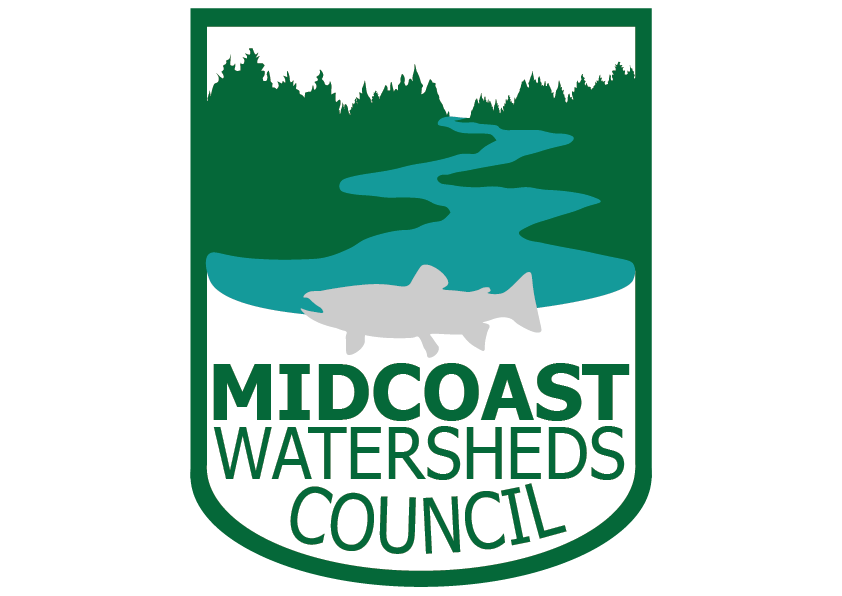Date: Saturday, October 19th
Time: We will meet at the Eddyville Post Office at 9:45 AM to carpool/caravan/shuttle to the site about 15 minutes away. We will work until 2 PM with lunch/snack breaks as needed.
What to Bring: Water and food, rain protection, working boots and gloves. We will provide some tools like loppers, hand clippers, and shovels for removing invasive species with, but more are encouraged.
Join the MidCoast Watersheds Council in removing invasive Himalayan blackberry and planting native species in the Upper Yaquina Watershed to support salmon and Orca recovery.
As its name suggests, Himalayan blackberry does not originate from the Pacific Northwest, and its’ thorny, thicket-forming nature poses a challenge to native species establishment in riparian zones. With continual management, native plants can grow tall enough to eventually shade Himalayan blackberry out. But until then, the work of dedicated staff and volunteers is vital to ensuring successful restoration projects!
After enough area is cleared, the Work Party goal will be to plant more native trees and shrubs where gaps exist in the establishing riparian buffer. In addition to the shade that keeps invasive species out and stream temperatures cool, native plants provide the important watershed benefits of water filtration, soil stabilization, pollinator habitat, large woody debris recruitment, and carbon sequestration, among others—all of which promote the recovery of salmon, and all the beings that depend on them.
Site History:
The MidCoast Watersheds Council began prioritizing restoration work in the Upper Yaquina Watershed in 2007 after receiving funding to determine the factors limiting salmon recovery and identifying projects needed to address these limitations. In 2010, outreach to landowners in the Basin began, and on-the-ground work began just three years later with a focus on increasing access to cold water in the Yaquina’s tributary streams. This included the removal of 9 fish passage barriers, riparian planting on 3 acres, large wood placements, and channel re-meandering. Years after that, the restoration focus shifted to directly improving conditions in the Yaquina’s mainstem, with livestock fencing, riparian planting along 4 acres, bridge installation, and larger large wood placements via helicopter. Today, monitoring and maintenance continues on all 7 acres of riparian planting.
Please RSVP by contacting Restoration Program Assistant Ari Blatt at ari@midcoastwc.org or (541)265-9195.

